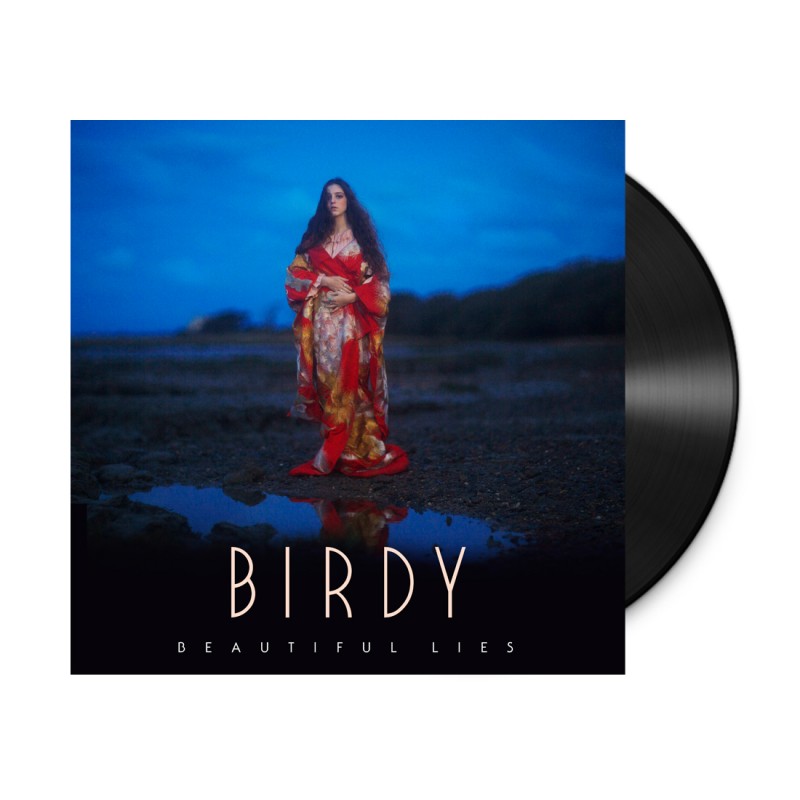Adolescent Albums capture coming-of-age struggles
May 30, 2017
The first thing that may come to your mind when you hear “coming of age” is an eye-roll-inducing spate of trite life lessons, but it’s not my intention to present such sentiments.
Indeed, while music that reflects this theme may seem as though it would lend itself to cheesy, saccharine melodies or, conversely, brooding music that appeals to stereotypical teenage angst, there is something to be celebrated about music that reflects on growing up. Songs that genuinely and accurately reflect growth and challenges are worth a listen, particularly at the end of the school year.
It’s undoubtedly a period of transition, one that may be merely an indication of advancement to a higher grade level, or to some, a more monumental event that marks the beginning of getting that much closer to being an adult (here’s to you, seniors). This is a time of greater consciousness of our aspirations and goals, but also a time at which we struggle to define what we want to be. And with that, here are some significant coming-of-age albums that capture the good and the bad of growing up.
“Ology” – Gallant
“Ology” is the innovative and thought-provoking album by emerging artist Christopher Gallant, known by his stage name Gallant. These 16 tracks of alternative R&B feature songs rich with thrumming bass and doleful melodies, interwoven with pleasantly heady doses of poetic lyrics, creating a blend of profound music that delves into navigating self-doubts and relationships.
“There was a lot of loneliness and regret and remorse floating around… I think with [“Ology”] I was slowly seeing a little bit more optimism and finding validity in the relationships and friendships I was forming,” said the artist in an interview with HungerTV. “I very slowly began to see the silver lining in that predicament of being hopeless and an accepting of what I was, emotionally. I was looking to the future and feeling like I could eventually move to a better headspace.”
Staying true to his creative thought process, Gallant delivers with “Shotgun,” drowning listeners in a bold sound with a ruminative flavor. The track asks “Will I regret my cause? Or revel in my thoughts?”, and muses “What good is a sword next to shotgun?”, exploring the sense of confusion and doubt that plagues adolescent minds.
A definite highlight of the album is the track “Weight in Gold,” one that mixes electrifying falsetto with elegiac verses to craft a compelling sound. Amidst the lamenting juxtapose of upper-octave vocals and intense rhythmic currents are lyrics like “Oh, universe, hold up me up / Tried your best, is it ever enough / When it’s already dragging me down?” that capture the fatigue associated with pursuing what seems like a fruitless path. It’s an invigorating melody that audiences can relate to their own periods of uncertainty in their decisions.
“Skip a Sinking Stone” – Mutual Benefit
Indie folk artist Mutual Benefit presents listeners with soft vocals embellished with instrumentals of a sentimental, whimsical quality in “Skip a Sinking Stone.” It’s a quiet, rather placid album best suited for daydreaming, but it shouldn’t be overlooked.
“Lost Dreamers” is wistful and lilting, an effective lullaby-esque haze of layered acoustics. It asks “We can see stars from here / Why would we go back anywhere?”, a delicate musing that would perhaps best appeal to seniors departing Dougherty, looking toward the beginning of a new chapter in their future.
“Death of a Bachelor” – Panic! At the Disco
Panic’s fifth album is an effervescent explosion of sound with a sundry mix of both triumphant and fondly reflective songs. It’s vibrant, a bit mischievous, and altogether a celebration of the best parts of growing up.
The highlights of the album include “Impossible Year,” a song with a distinctly somber quality, but conversely “LA Devotee,” a lively recollection of nostalgic imagery. The two tracks capture the exhaustion as well as the relieved sense of victory one achieves at the end of the year (in that order). The contrast between the songs embodies the duality of both the album and the experiences that shape growth of character and identity.
“Beautiful Lies” – Birdy
With “Beautiful Lies,” Birdy brings forward a sound as dreamlike as the title of the album, providing a distinctively personal collection of songs that feels like a narrative, yet it’s simultaneously conversational.
“In ‘Beautiful Lies’, the young Brit employs a healthy assortment of catchy hooks and moving lyrics to sneak a handful of secret gems into a surprising if still familiar third legit record,” writes Marc Snetiker for Entertainment Weekly.
“Silhouette” is an ethereal proclamation of rising after defeat, boldly declaring, “These broken wings will soar.” Birdy sings about a phoenix-like transformation, telling of her emergence from adversity and defeat, all the while encouraging listeners to do the same.
In the final track, bearing the same name as the album title, Birdy utilizes a minimal piano melody as the basis for a raw and intimate expression of her longing to grasp onto the fleeting experiences of youth. She sings, “The world’s so fast and nothing lasts / Let’s save it while we can,” speaking to seniors caught off guard by the sudden reality of graduation, or perhaps even to freshmen who have realized how rapidly adulthood approaches. The song is steeped in nostalgia and accented with the gentle vocals that one would expect from the English artist, crafting a powerful but melancholy conclusion to her third album.
If, in the end, this did elicit an eyeroll from your person, I apologize; however I would like to think that this article exposed you to new artists and genres. My greatest hope is that you, reader, are able to navigate your teenage years, and that music and this article were able to help with exactly that.


